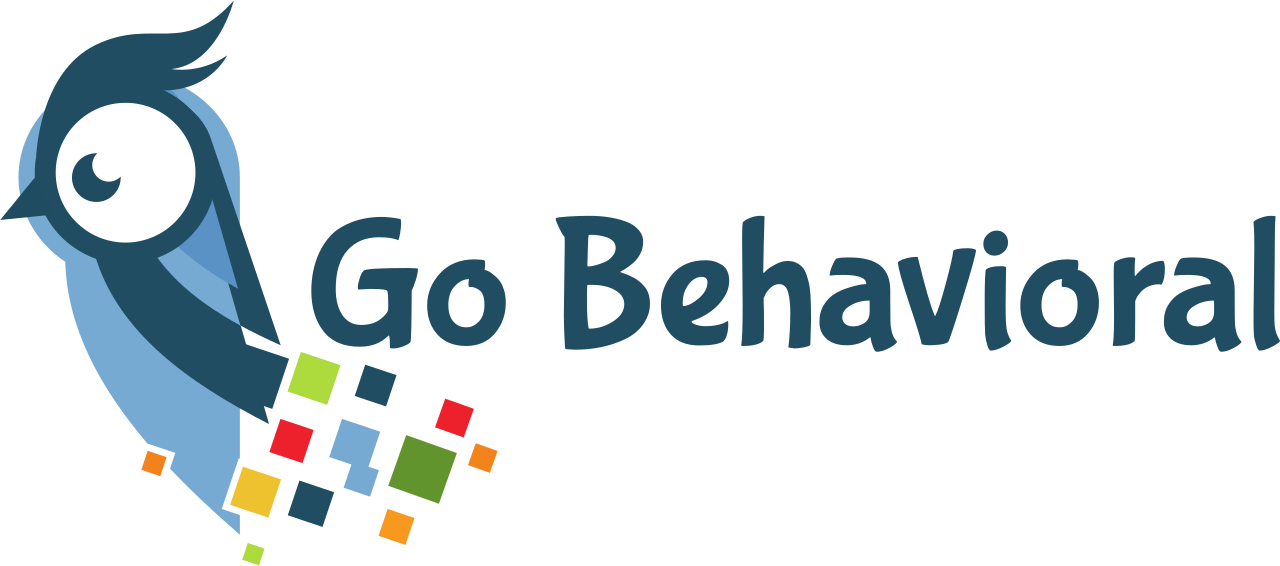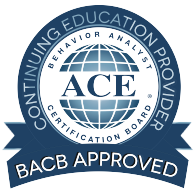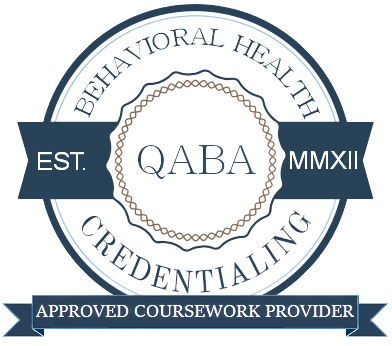Qualified Behavior Analyst
About QBA
QUALIFIED BEHAVIOR ANALYST (QBA)
Mastery-level interventionists with advanced expertise of applied behavior analysis are QBA certificants (ABA). For all elements of behavior programs, they provide program development, assessment, data analysis, and direct-care oversight. QBAs are also in charge of supervising direct-care instructional employees (ABAT/behavior technicians), mid-tier supervisors (QASP-S), and collaborative care providers.
Go Behavioral LLC QBA course sequence, approved by the Qualified Behavior Analyst (QBA), fulfills course requirements for the QBA credential. QBA certificants are mastery-level interventionists with advanced knowledge of applied behavior analysis (ABA).
They provide program planning, assessment, data analysis and direct-care oversight for all aspects of behavior programs. Additionally, QBAs supervise the direct-care instructional staff (ABAT/behavior technicians), mid-tier supervisors (QASP-S), and collaborative care providers.
Behavioral LLC QBA course sequence, approved by the Qualified Behavior Analyst (QBA), fulfills course requirements for the QBA credential. QBA certificants are mastery-level interventionists with advanced knowledge of applied behavior analysis (ABA).
They provide program planning, assessment, data analysis and direct-care oversight for all aspects of behavior programs. Additionally, QBAs supervise the direct-care instructional staff (ABAT/behavior technicians), mid-tier supervisors (QASP-S), and collaborative care providers. QBA certification requires a minimum of a Master’s degree from an accredited university, completion of an approved series of courses, and a defined period of supervised practical experience, in order to apply for the QBA examination.
Applicants must meet all eligibility requirements, apply for the credential, and pass the QBA examination to become certified at the QBA level. The QBA credential verifies that certificants have demonstrated master’s-level achievement in applied behavior analysis or a related health-care profession, advanced applied skills through supervised fieldwork experience, professional integrity and decision-making maturity through supervisor recommendation, and competency in subject matter such as autism and ABA, as well as ethical and legal standards, through a written examination.
Get started
Get started
English
English
Arabic
Deutsch
QBA
Eligibility Requirements
Age

Education


APPLY NOW
FOR MORE INFORMATION
QBA course | Qba Course Near Me | Go Behavioral LLC

QBA course sequence, approved by the Qualified Behavior Analyst (QBA), fulfills course requirements for the QBA credential.
Course Provider: Organization
Course Provider Name: gobehavioral
Course Provider URL: https://gobehavioral.com/
Course Mode: Online
Course Workload: PT270H
Course Type: Paid
Course Currency: USD
Course Price: 600



